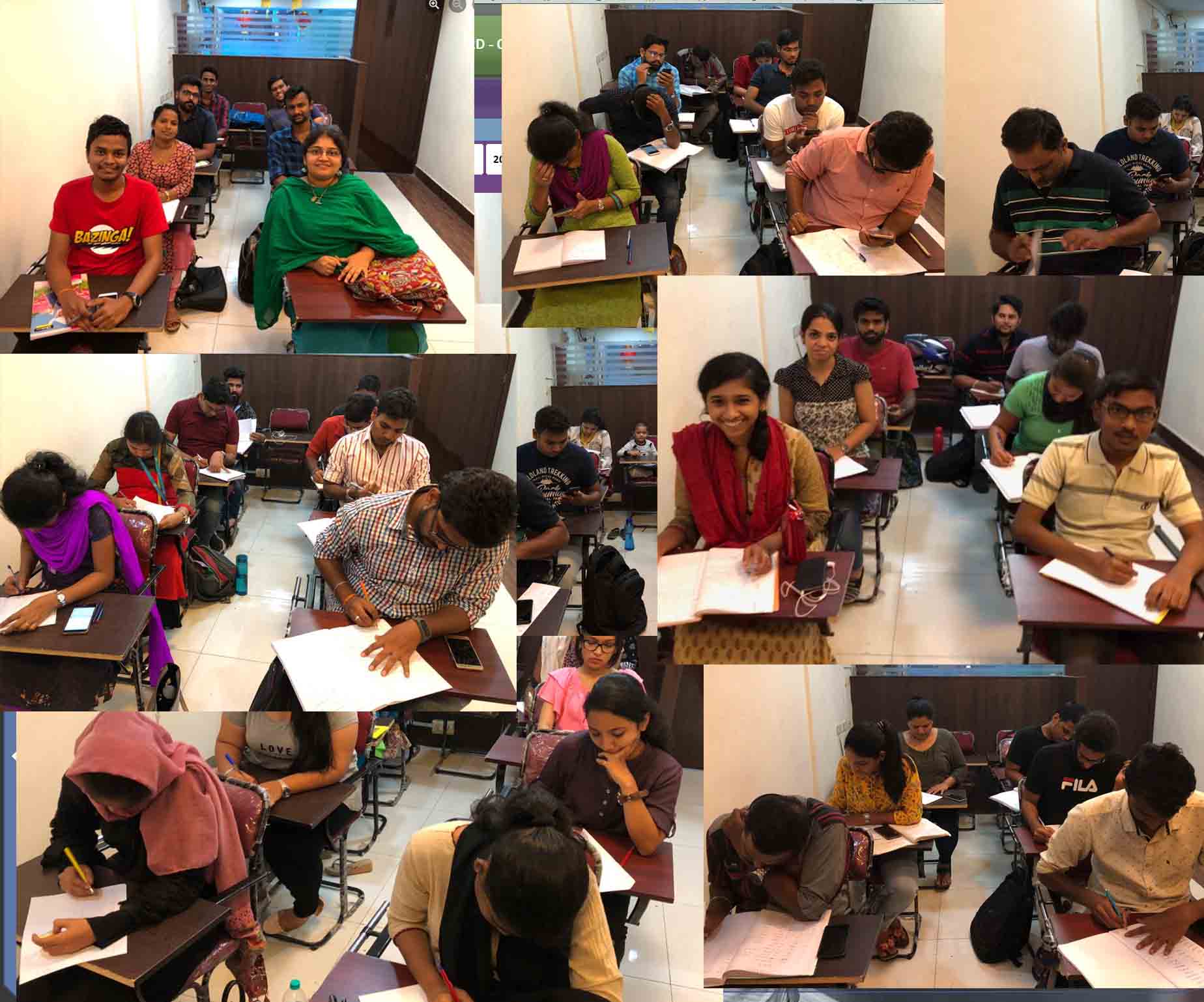Beyond Tuition Fees: A Guide to Germany's World-Class Education System
The dream of pursuing higher education abroad often comes with a hefty price tag. But what if you could get a world-class degree from a globally respected university, steeped in a tradition of research and innovation, for a fraction of the cost? Welcome to Germany, the academic powerhouse of Europe, where quality education is considered a public good, not a commercial product.

The Philosophy: Why is German Education So Respected?
The strength of the German education system lies in its core philosophy. It's built on the Humboldtian model of higher education, which centers on the unity of research and teaching. This means students are encouraged to engage in independent, critical thinking and are often involved in cutting-edge research from an early stage. The key pillars are:
- Academic Freedom & Rigor: Universities offer a vast array of courses with a strong emphasis on theoretical knowledge and scientific methodology.
- Strong Link to Industry: A dual education system and close ties between universities and Germany's industrial giants ensure that curricula are relevant and graduates are highly employable.
- State-Funded Excellence: The government heavily subsidizes education, believing that investing in bright minds—both local and international—is an investment in the country's future.
The "Free Education" Myth vs. Reality
This is the most talked-about feature. Is it truly free? Here’s the accurate breakdown:
Fact: The vast majority of public universities in Germany charge no tuition fees for Bachelor's and consecutive Master's degree programs for all students, including internationals.
The Catch (which is actually a benefit): While there are no tuition fees, students are required to pay a "semester contribution" (`Semesterbeitrag`). This fee is typically between €150 and €400 per semester. However, this is not a fee for teaching; it covers:
- Administration Costs: For running the university.
- Student Union (`Studentenwerk`): Funds student cafeterias, housing, and support services.
- Semester Ticket: In many cities, this is the best part! It gives you free access to all public transportation in the region for the entire semester.
When you consider the value, the semester contribution is an incredibly good deal.
Types of Universities: Choosing Your Path
Germany offers different types of higher education institutions tailored to different academic and career goals:
1. Universities (`Universitäten`)
These are traditional, research-oriented institutions. They offer a wide range of subjects and are the only institutions that can award PhDs. They are the ideal choice for students who are academically inclined and may want to pursue a career in research or academia.
2. Universities of Applied Sciences (`Fachhochschulen` - FH)
These institutions are highly practical and career-focused. Their curricula are designed in close cooperation with industry partners, and they include mandatory internships and hands-on projects. They are an excellent choice for students who want a direct path to employment in fields like engineering, business, and design.
3. Colleges of Art, Film, and Music (`Kunst- und Musikhochschulen`)
These are specialized institutions for students pursuing creative fields, with admissions based on demonstrating artistic talent.
The First & Most Important Step: The German Language
"But I found a course taught in English. Do I still need German?"
Yes, absolutely. This is the single most critical point for your success. While English-taught programs exist, your life outside the lecture hall happens in German.
- Daily Life: From renting an apartment and opening a bank account to simply making friends, German is essential.
- Part-Time Jobs: Finding a part-time job to support your studies is nearly impossible without German language skills.
- Internships & Career: The best internship and job opportunities, especially in Germany's powerful 'Mittelstand' companies, will require German proficiency.
- Post-Study Work Visa: Knowing German makes you infinitely more employable and makes navigating the job market and visa process much smoother.
Investing in learning German before you go is not just an advantage; it's a necessity. It is the foundation upon which your entire academic and professional future in Germany will be built.
Build Your Foundation for Success in GermanyThe Pathway for Indian Students: A 5-Step Overview
- Choose Your Program: Use the official DAAD database to search for thousands of courses.
- Check Your Eligibility: The German system requires 13 years of schooling for university admission. Many Indian students who have completed the 12th standard need to attend a one-year foundation course called a `Studienkolleg` to become eligible.
- Arrange Your Finances (The Blocked Account): You must prove you have sufficient funds to cover your living expenses for the first year. This is done by depositing a specific amount (currently around €11,208) into a "Blocked Account" (`Sperrkonto`).
- Apply to Universities: Follow the application procedures, which may be directly through the university or via the Uni-assist portal.
- Apply for Your Student Visa: Once you have your university admission letter, you can apply for a German National Student Visa at the German consulate in your jurisdiction.
Frequently Asked Questions
Can I work part-time while studying in Germany?
Yes. International students are permitted to work for 120 full days or 240 half days per year. This is a great way to gain work experience and support your living expenses. However, finding these jobs often requires at least a basic level of German.
What happens after I graduate? Can I stay and work?
Yes. After graduating from a German university, you are eligible to receive an 18-month post-study work visa. This visa gives you ample time to find a job in your field. Once you find a qualified job, you can apply for an EU Blue Card or a German Work Permit, which leads to permanent residency.